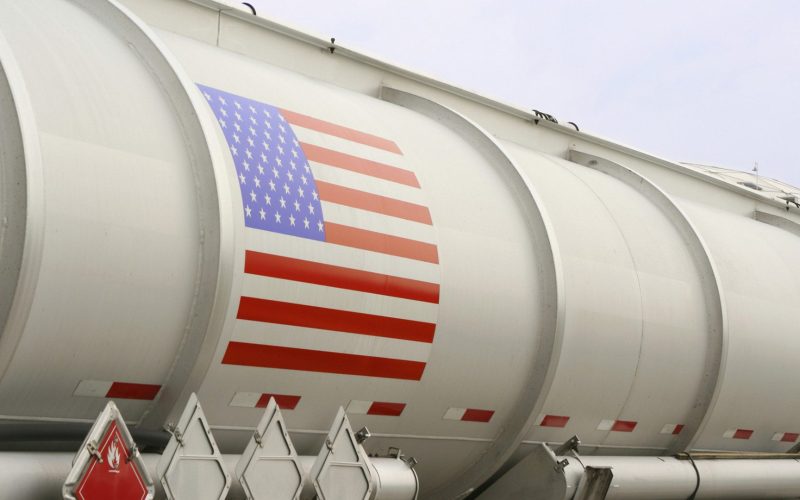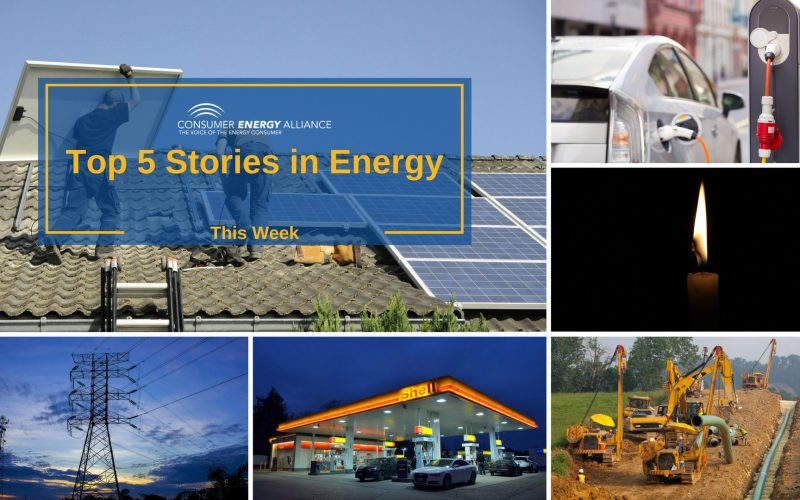THE VOICE FOR THE ENERGY CONSUMER

CEA’s latest report “Fueling America’s Energy Consumers” highlights the often-overlooked fact that oil and natural gas provide the majority of energy used in the transportation sector, and when the price.

Washington, D.C. – In a new report released today by Consumer Energy Alliance (CEA), the organization warns policymakers that recent geopolitical turmoil and global oil price instability could negatively affect.

There is a growing myth that must be put to rest: Americans can’t protect the environment we love while also producing the energy we need. The reality is we can.

CEA’s Brydon Ross joined Joel Riley to discuss CEA’s latest report, The Benefits of Ohio’s Natural Gas Production to Energy Consumers and Job Creators, detailing how Ohio’s families, farmers, and.

Chris Ventura sat down with Inside Shale to discuss CEA’s recent report, The Benefits of Ohio’s Natural Gas Production to Energy Consumers and Job Creators, and the more than $40.

Last week saw some big headlines. A man named Rich stole a plane from an airport in Washington, Kim yelled at Kourtney in the season premiere of the Kardashian’s reality.

State Sen Audrey Gibson and CEA’s Kevin Doyle discussed the importance of lower energy costs to Florida’s families. More energy resources would lower consumer costs and increase employment opportunities —.

Lower energy prices are finally coming to areas along the Atlantic seaboard which have been facing delivery constraints of natural gas due to a lack of pipeline infrastructure. Natural gas.

With so many changes happening to the environment every day, it has become increasingly important to conserve, as well as preserve, our oceans and the delicate balance of life contained.

As countries across the world continue at attempts to diversify their fuel mix, many potential energy sources are being explored. One of the more innovative ideas currently being researched is.